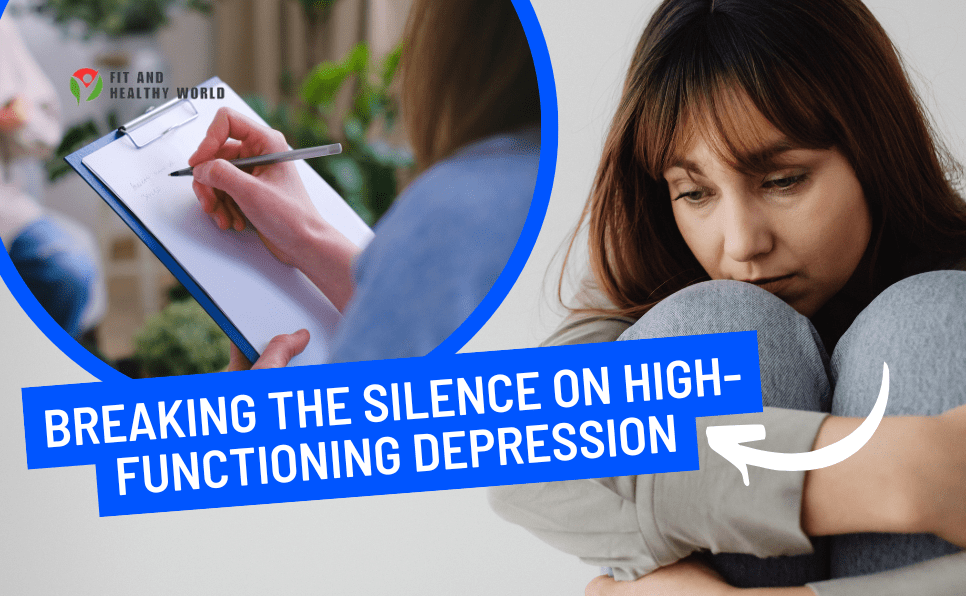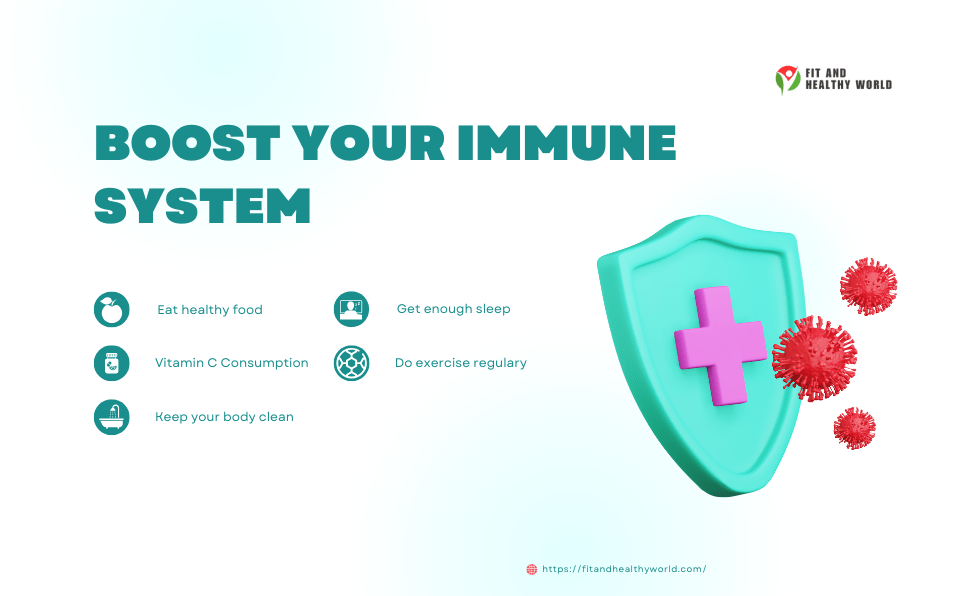High-functioning depression is often unseen behind smiles and efficiency. People affected by it manager daily responsibilities but scuffle internally. Despite appearing successful, they fight expressive battles every day. This blog will uncover the signs, causes, and ways to cope with high-functioning depression. Let’s dive in and explore this misunderstood situation.
- What Is High-Functioning Depression?
- Causes of High-Functioning Depression
- How to Recognize High-Functioning Depression
- The Impact of High-Functioning Depression on Life
- How to Address High-Functioning Depression?
- Daily Habits to Accomplish Depression
- Contravention the Disgrace Around High-Functioning Depression
- Supporting a Loved One with High-Functioning Depression
- The Role of Therapy and Medications
- Embracing Self-Care for Improved Mental Health
- FAQs About High-Operative Depression
- Conclusion
What Is High-Functioning Depression?
High-functioning sadness is a subtle yet persistent mental health matter. It is also called Persistent Depressive Disorder (PDD). Unlike major depression, people can maintain daily routines but feel bushed expressively.
Key Characteristics
· Determined sadness or low mood.
· Feeling “empty” even when life seems steady.
· Trouble finding joy in activities they once loved.
Why It’s Often Overlooked
· High highfliers can mask their struggles.
· Society often complicates busyness with well-being.
· Lack of visible signs makes it harder to notice.
Causes of High-Functioning Depression
Understanding the root of high-functioning depression is indispensable. It can stem from a mix of factors that may include individual, biological, or environmental triggers.
Biological Influences
· Inequities in brain chemicals like serotonin and dopamine.
· Genetic tendency to depression or mental health issues.
Life Circumstances
· Chronic stress at work or in associations.
· Unsettled trauma or major life transitions.
Personality Traits
· Sticklers are more likely to experience it.
· Overachievers may neglect their demonstrative well-being.
How to Recognize High-Functioning Depression
Identifying high-functioning depression can be stimulating. Those affected often hide their struggles from the world.
Emotional Symptoms
· Determined sadness that doesn’t fade with attainments.
· Feeling expressively detached or numb.
Physical Signs
· Exhaustion or low energy despite adequate sleep.
· Unexplained aches and slowness.
Behavioral Indicators
· Withdrawal from precious ones.
· Covering pain through overworking or overachieving.
Summary:
High-functioning depression is often hidden. Key signs include persistent sadness, fatigue despite rest, emotional numbness, and withdrawal from loved ones. Overworking can mask the struggle, making it harder to detect.
The Impact of High-Functioning Depression on Life
This type of depression affects more than just feelings. It impacts relationships, work, and overall well-being.
Effects on Relationships
· Emotional inaccessibility can strain friendships.
· Difficulty expressing feelings may lead to confusion.
Work Contests
· High presentation hides exhaustion.
· Over commitment may principal to burnout over time.
Mental and Bodily Health Consequences
· Increased risk of anxiety complaints.
· Higher probability of chronic illnesses like heart disease.
How to Address High-Functioning Depression?
Taking steps to succeed in high-functioning depression can improve life excellence. The right approach can bring expressive balance and hope.
Seeking Professional Help
· Therapy like Reasoning Behavioral Therapy (CBT) offers effective tools.
· Medications like antidepressants can help regulate mood.
Adopting Healthy Habits
· Regular exercise develops mood naturally.
· Balanced food improves overall mental health.
Building a Provision Network
· Share feelings with trusted groups or family.
· Joining support groups nurtures connection and sympathy.
Daily Habits to Accomplish Depression
Small changes in daily practices can make a big difference. Joining healthy practices helps maintain expressive stability.
Mindfulness and Relaxation
· Practice deep living or meditation for a calm mind.
· Take short breaks during the day to reset feelings.
Journaling Thoughts
· Mark daily reflections to procedure emotions.
· Gratitude journaling shifts focus to positive features.
Setting Limits
· Learn to say no to avoid over commitment.
· Prioritize errands and take breaks when needed.
Contravention the Disgrace Around High-Functioning Depression
Speaking about mental health can make a big alteration. It helps create a safe space for people to seek help.
The Importance of Consciousness
· Educating others reduces decisions.
· Sharing personal experiences heartens empathy.
Normalizing Conversations
· Openly deliberate mental health in families and offices.
· Promote the idea that looking for help is a sign of strength.
Supporting a Loved One with High-Functioning Depression
Helping somebody with high-functioning depression necessitates patience and understanding. Small actions can make an expressive impact.
Identifying the Signs
· Notice changes in mood or conduct.
· Be attentive to understated signs of struggle.
Providing Support
· Offer an attending ear without judgment.
· Encourage them to seek specialized help.
Being There Reliably
· Check in regularly to show care.
· Celebrate their attainments, no matter how small.
The Role of Therapy and Medications
Professional treatment can be life-changing for individuals with high-functioning depression. It provides tools to manage indications effectively.
Therapeutic Approaches
· CBT helps reframe negative opinions.
· Talk therapy creates a safe space for healing.
When Medicine Helps
· Antidepressants can reinstate chemical imbalances.
· Medications should always be used under medical management.
Benefit: Empowering Your Mental Health Journey
Therapy and medications for high-functioning depression are transformative tools. They enable individuals to regain control, reframe negative thoughts, and restore chemical balance, fostering a path toward emotional well-being and resilience.
Embracing Self-Care for Improved Mental Health
Self-care is an essential part of overpowering high-functioning depression. It fosters resilience and emotional strength.
Generating a Routine
· Stick to regular sleeping and consumption schedules.
· Schedule time for pastimes and relaxation.
Exercise for Mental Well-being
· Physical movement releases endorphins.
· Even 15 minutes of walking daily improves my mood.
Practicing Gratitude
· Focus on positives to improve viewpoint.
· Thankfulness shifts perspective to joy and gladness.
FAQs About High-Operative Depression
Why do I feel sad when life is good?
This could be high-functioning depression. Seek help to discover your feelings.
What causes high-functioning depression?
Chronic stress, genetics, or uncertain trauma are common causes.
How can I help a friend with this condition?
Be patient, offer expressive support, and inspire therapy.
Is therapy effective for high-functioning depression?
Yes, treatments like CBT provide tools to manage symptoms and recover well-being.
Conclusion
High-functioning unhappiness is often invisible yet deeply impactful. Recognizing its cryptograms and seeking help is the first step toward healing. With specialized support, healthy habits, and sympathy, life can become more fulfilling. Choose kindness and compassion for yourself and others in this expedition.



